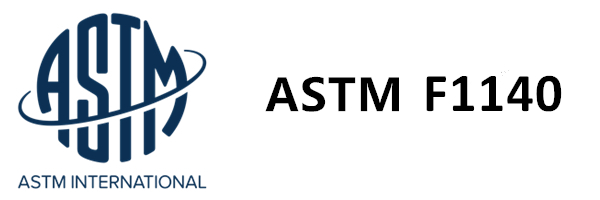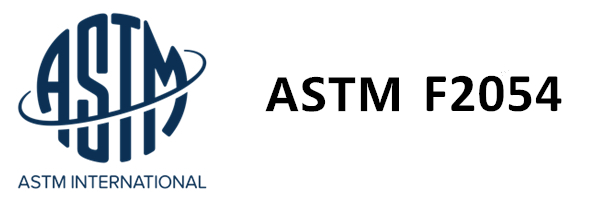Find you Leak Testing
Standards
Leak testing and seal integrity assessments are critical quality assurance processes in many industries, including pharmaceuticals, medical devices, food packaging, automotive, and more. The reliability of a product’s packaging or components directly impacts its safety, performance, and compliance with regulatory requirements. For this reason, industries adhere to well-established standards to ensure that testing methods are precise, reproducible, and globally recognized.
Why Standards Matter in Leak Testing
Leak testing standards provide a consistent framework for evaluating the integrity of seals, closures, and packaging materials. By following standardized methods, manufacturers can ensure that their products meet the necessary safety and quality requirements, reducing the risk of contamination, product failure, or spoilage. Some key reasons why standards are essential in leak testing include:
Consistency Across Testing Environments
Standardized test methods ensure that leak testing is consistent, regardless of where or by whom it is conducted. This enables manufacturers to achieve reproducible results, which is critical for quality control.
Global Trade and Compliance
International standards such as ASTM, ISO, and USP are recognized worldwide, helping products to meet the regulatory requirements of different markets. By following these standards, companies can more easily export products to global markets while ensuring compliance with local regulations
Product Quality and Safety
Leak testing is often required to confirm that packaging or products are properly sealed and will maintain integrity during transportation, storage, and usage. Adhering to recognized standards helps ensure product quality, reducing the risk of leaks that could lead to contamination, damage, or compromised sterility.
Industry-Specific Requirements
Different industries have unique demands when it comes to packaging and product integrity. For example, in the pharmaceutical industry, maintaining sterile barrier integrity is crucial to ensure patient safety, while the food industry focuses on preventing contamination and maintaining product freshness. Standards provide tailored guidelines to meet the specific needs of various industries.
The Role of Standards Organizations
Several global organizations establish and maintain leak testing standards:
ASTM
(American Society for Testing and Materials)
A globally recognized organization that develops technical standards for materials, products, and systems. ASTM standards are widely used in industries like packaging, medical devices, and automotive.











